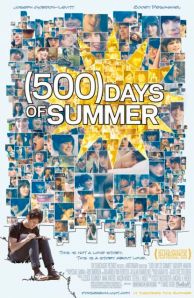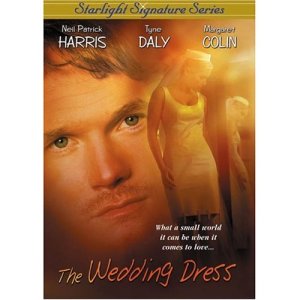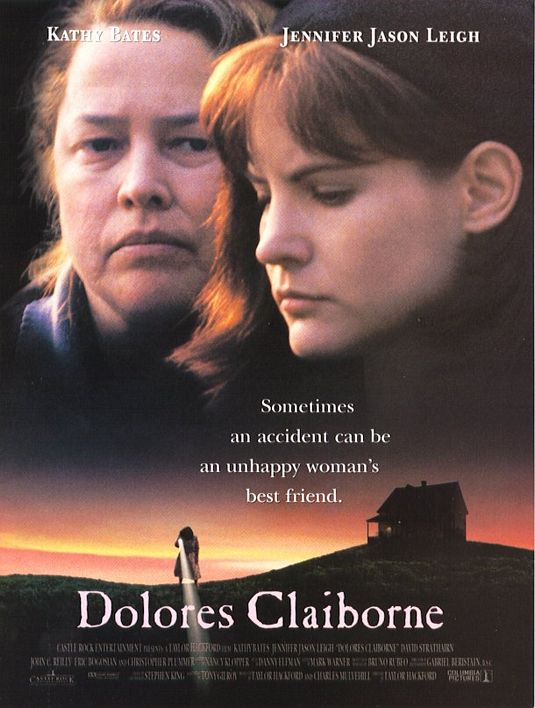I figured in the spirit of Valentine’s Day I would pick a romantic comedy and look at how it deals with this confusing notion of love. I picked this film because of it’s tag: “This is not a love story. It’s a story about love.” Enjoy!
Film:
500 Days of Summer, 2009
Starring: Joseph Gordon-Levitt and Zooey Deschanel.
Synopsis (from Netflix):
When his girlfriend, Summer (Zooey Deschanel), unceremoniously dumps him, greeting-card copywriter and hopeless romantic Tom (Golden Globe nominee Joseph Gordon-Levitt) begins sifting through the year-plus worth of days they spent together, looking for clues to what went awry. As he recalls the good and bad times he spent with the commitment-phobic girl, his heart reawakens to what it cherishes most. Marc Webb directs this uncommon love story.
My Thoughts:
This film is about these two people, and deconstructs their relationship. But more importantly it is about this fuzzy notion of love as these two people blindly explore what it is and what it means. One enters the picture believing in destiny and soul mates and the other enters cynically not believing in love at all, only wanting to have fun. Near the end their positions on the subject have switched. However neither extreme is correct. Neither of these ideas is right. There is no such thing as a soul mate in the destiny, only-one-for-me sort of way, but love most definitely exists.
Know thou of a certainty that Love is the secret of God’s holy Dispensation, the manifestation of the All-Merciful, the fountain of spiritual outpourings. Love is heaven’s kindly light, the Holy Spirit’s eternal breath that vivifieth the human soul. Love is the cause of God’s revelation unto man, the vital bond inherent, in accordance with the divine creation, in the realities of things. Love is the one means that ensureth true felicity both in this world and the next. Love is the light that guideth in darkness, the living link that uniteth God with man, that assureth the progress of every illumined soul. Love is the most great law that ruleth this mighty and heavenly cycle, the unique power that bindeth together the diverse elements of this material world, the supreme magnetic force that directeth the movements of the spheres in the celestial realms. Love revealeth with unfailing and limitless power the mysteries latent in the universe. Love is the spirit of life unto the adorned body of mankind, the establisher of true civilization in this mortal world, and the shedder of imperishable glory upon every high-aiming race and nation. ~ ‘Abdu’l-Bahá
At one point Tom is so fed up with love after having his heart broken that he quits his job at a greeting card company blaming the industry, as well as romantic movies, for his unreal expectations. It is a comic scene but there is deep truth to it. Just as Summer pointed out that over half of marriages end in divorce (which is why she doesn’t believe in love), our culture has gotten incredibly confused as to what love is, and because of this miss it.
Love is a verb. It is an action, specifically the act of putting someone else’s needs before your own. It is something we all should be doing everyday because we should love everyone. But for some reason we’ve got it into our heads that romantic love is something else, some magic feeling or state, and that once that feeling is gone it is okay to be selfish again. We fear commitment because we fear the magic leaving, instead of recognizing that we have an opportunity to show love most greatly in a committed relationship.
The Lord, peerless is He hath made woman and man to abide with each other in the closest companionship, and to be even as a single soul. They are two helpmates, two intimate friends, who should be concerned about the welfare of each of each other.
If they live thus, they will pass through this world with perfect contentment, bliss, and peace of heart, and become the object of divine grace and favor in the Kingdom of heaven. But if they do other than this, they will live out their lives in great bitterness, longing at ever moment for death, and will be shamefaced in the Heavenly Realm.
Strive, then, to abide, heart and soul, with each other as Two doves in the nest, for this is to be blessed in both worlds. ~ ‘Abdu’l-Bahá
This is what a true soul mate is, but it can be anyone, not just one person.
I think that many of the reasons relationships falter is that humanity is spiritually seeking God but often does not recognize it. They want eternal, perfect, unconditional love, a love that God can only give, instead of the imperfect, yet beautiful, attempts we humans do. We turn our significant others into idols whom we worship, and that is not healthy. When these people turn out to be mere mortals instead of the gods and goddesses we’ve made them out to be the foundation of the relationship is shaken.
This film does a great job of showing just that. It also shows how much pressure is put upon the person who is being idolized to live up to the impossible standards. I am glad this movie was a story about love instead of just a love story because these are conversations we need to be having. The way we think about love, the way we talk about love, and the way we show love is broken. We see it daily through acts of violence, through dissolution of families. But through art, through deep contemplation, we can be inspired to change how we view love, to make it the verb it is.
The first sign of faith is love. The message of the holy, divine Manifestations is love; the phenomena of creation are based upon love; the radiance of the world is due to love; the well-being and happiness of the world depend upon it. Therefore, I admonish you that you must strive throughout the human world to diffuse the light of love.
The people of this world are thinking of warfare; you must be peacemakers. The nations are self-centered; you must be thoughtful of others rather than yourselves. They are neglectful; you must be mindful. They are asleep; you should be awake and alert. May each one of you be as a shining star in the horizon of eternal glory. This is my wish for you and my highest hope. ~ ‘Abdu’l-Bahá






